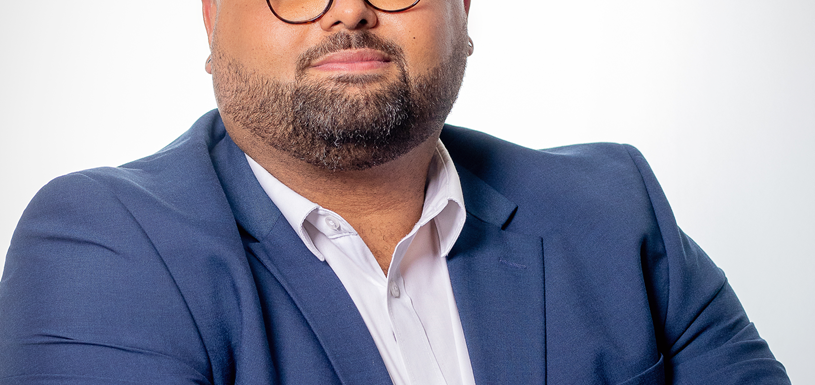The Role of Hospital-at-Home
By Dr. Luke Sampson, Chief Medical Officer at Quro Medical

As I reflect on the evolution of the healthcare landscape in Africa, particularly in patient care models, it’s clear that we are witnessing a shift towards more sustainable and cost-effective solutions.
Globally, both public and private sectors are pursuing these solutions, and Africa, especially South Africa, is no exception with its discussions around National Health Insurance.
Hospital-at-Home: A Game Changer
One of the most promising solutions is the Hospital-at-Home (HAH) model. Internationally, countries like the USA are considering legislation that would introduce HAH as a viable healthcare option, and I believe this model will be integral to Africa’s healthcare evolution. HAH is part of what I like to call “Medicine 3.0,” a phase in healthcare where technology is fully leveraged to deliver patient-centered, value-based care. This approach reduces the cost-per-episode without sacrificing the quality of care—something that is absolutely crucial in today’s healthcare environment.
Expanding Access Through Innovation
At Quro Medical, we see HAH as the vector needed to expand healthcare access. We’ve established a presence in six provinces, offering a less expensive alternative to in-hospital care that doesn’t rely on brick-and-mortar facilities. This naturally makes our services more accessible to a wider range of patients, and we’re working hard to recruit a diverse team of healthcare professionals to meet the unique preferences of those we serve.
However, healthcare funders face significant challenges in balancing cost, quality, and accessibility. There’s a constant tension between cutting costs and maintaining care standards. For funders and providers like Quro Medical, the adoption of innovative solutions like HAH can be slow, as many healthcare workers prefer to stick with tried-and-true methods. This skepticism can act as a rate-limiter, preventing the widespread adoption of more efficient care models. Yet, when we consider the unit economics of reducing care costs while staying patient-centered, the benefits of HAH become undeniable.
Misconceptions About Digital Health
One common misconception about digital health is the fear surrounding personal information security. At Quro Medical, we strictly adhere to the Protection of Personal Information Act (POPIA) and other international standards to ensure that our patients’ information remains secure. Another misunderstanding is that technology-based care solutions are riskier or more impersonal. In reality, our HAH model allows us to monitor patients’ vitals 24/7 and consult with them daily, all while providing bedside care when necessary. We’ve saved lives by escalating care promptly when conditions like heart attacks were detected early through our monitoring systems.
The Human Element: Technology and Empathy
The balance between technology and human empathy is another critical issue. At Quro Medical, we believe technology can indeed enhance the human aspect of patient care. Our multidisciplinary team ensures that every patient receives empathetic, high-quality care. We use our Insight Platform not just to capture medical notes but to effectively communicate and act on patient needs. This culture of accountability and care ensures that technology complements, rather than replaces, the human touch.
Ethical considerations are always top of mind when implementing real-time monitoring and telehealth solutions. While we strictly adhere to the principles of patient autonomy, beneficence, non-maleficence, and justice, we also recognise that many patients in Africa still lack access to basic amenities like electricity and the internet. This gap presents a significant challenge, but we are committed to advocating for equitable resource allocation to ensure that all patients can benefit from innovative healthcare solutions like HAH.
Looking Ahead: A Bright Future for Healthcare
Looking ahead, I am confident that home-based care will play a transformative role in healthcare delivery across Africa. As we continue to strengthen our partnerships with healthcare funders, we aim to reduce hospital readmissions and provide immediate access to HAH for patients who need it most. By doing so, we can alleviate the burden on hospitals and provide more sustainable, long-term solutions for patient care, especially in under-resourced regions.
The future of healthcare in Africa is bright, and I believe that through continuous collaboration between healthcare providers and funders, we can build a system that is both technologically advanced and deeply human-centric. Let’s embrace this opportunity to revolutionise healthcare for the better.

